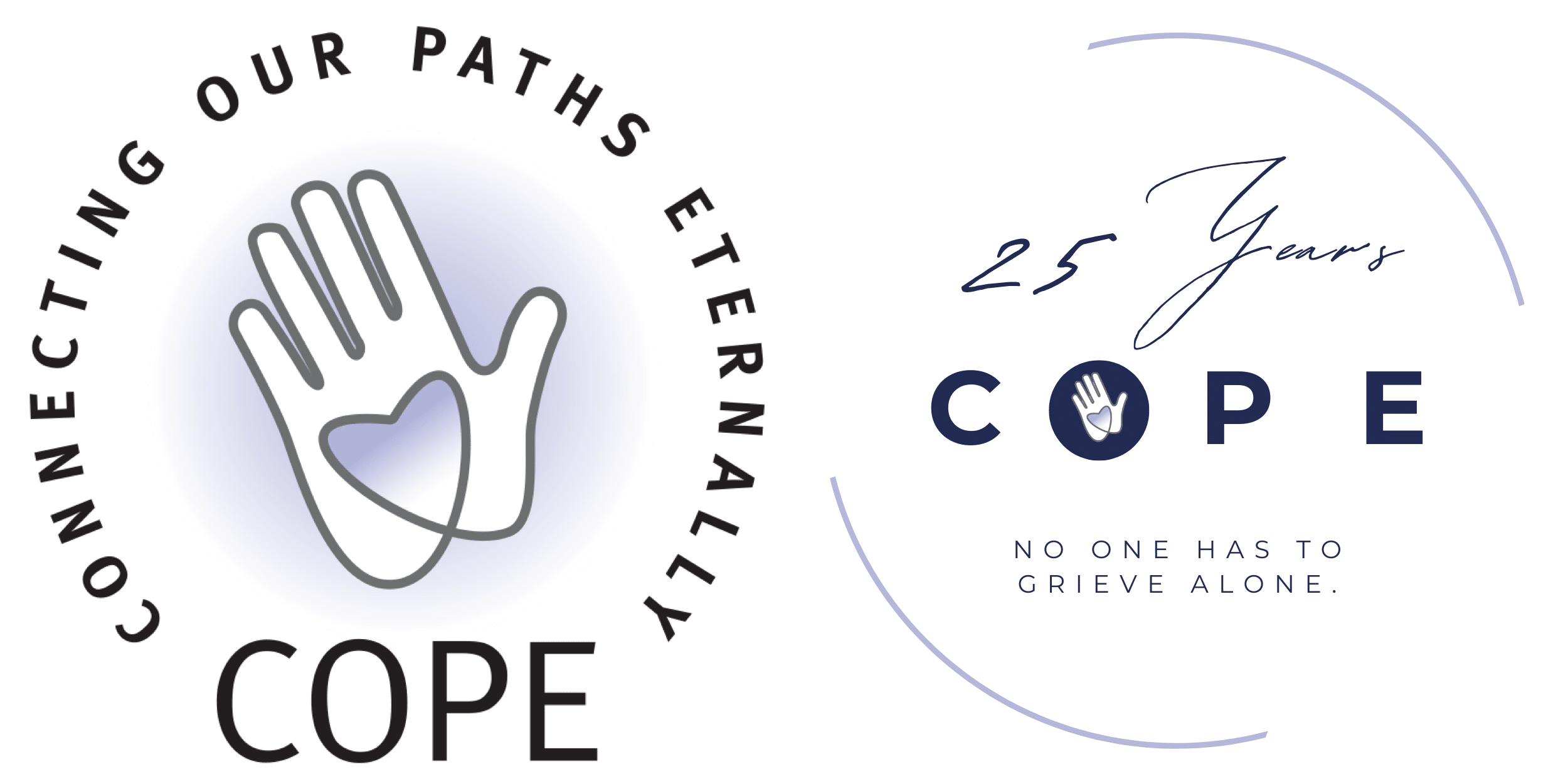I was recently scrolling instagram when I saw a quote from therapist and New York Times best-selling author Nedra Glover Tawwab (@nedratawwab).
An expert in family and relationship dynamics, she had this to say about grief:
“There are some things that you may never get over. You aren’t supposed to exist as if things didn’t happen to you. Grief is a sign that you care deeply and that you were impacted. Feel without trying to forget…[you] do not have to “get over” things to keep going.”
You aren’t supposed to exist as if things didn’t happen to you.
Though her entire quote was spot on for coping with grief, that one line resonated with me deeply. You are the result of what you have experienced in life. The good and the bad. The easy and the difficult. The triumphs and failures. You are allowed to have feelings about what has happened to you even if they’re not just the bright and shiny ones.
You are different now and there is no getting back to normal because that normal is different now too. You do not have to pretend or put on a brave face. You do not have to be easy going, positive and hopeful, and act like nothing is wrong to be “grieving well.” It is OK to cry, admit you are having a hard time, ask for help or special circumstances, or choose not to participate in social events when you need some time and space for yourself (re-read that last part if you’re struggling with what to do during the holidays!!). Something happened to you and mourning that loss is normal, necessary, and healthy.
I often talk with COPE families about the difference between “moving on” and moving “through” or “forward” with your grief as a part of your life. You do not move on from the loss of a loved one. Losing a child or sibling or partner is not something you simply get over. It is something that impacts you, changes you, and molds you. Your grief becomes woven into who you are, how you connect with those around you, and how you experience life. You carry it (and them) with you wherever you go. The weight of your grief might be lighter or easier to bear at times, but it stays with you. As it should. This person matters to you and is still a part of your life, albeit in a new way.
Now, if you can learn something from your grief and integrate that into your life in a positive way, especially if that is having more compassion for others and their own difficult experiences, then that is meaningful and admirable.
But start first with honoring your experiences and emotions and giving yourself permission to grieve.
You aren’t supposed to exist as if things didn’t happen to you.

